In the ever-evolving landscape of logistics, businesses are constantly seeking innovative solutions to enhance efficiency and reduce operational costs. Among the various shipping options available, Large Shipping Containers have emerged as a pivotal choice for companies looking to streamline their supply chain processes. These containers, designed to hold a greater volume of goods, not only optimize space but also facilitate easier loading and unloading, thereby minimizing transit times.
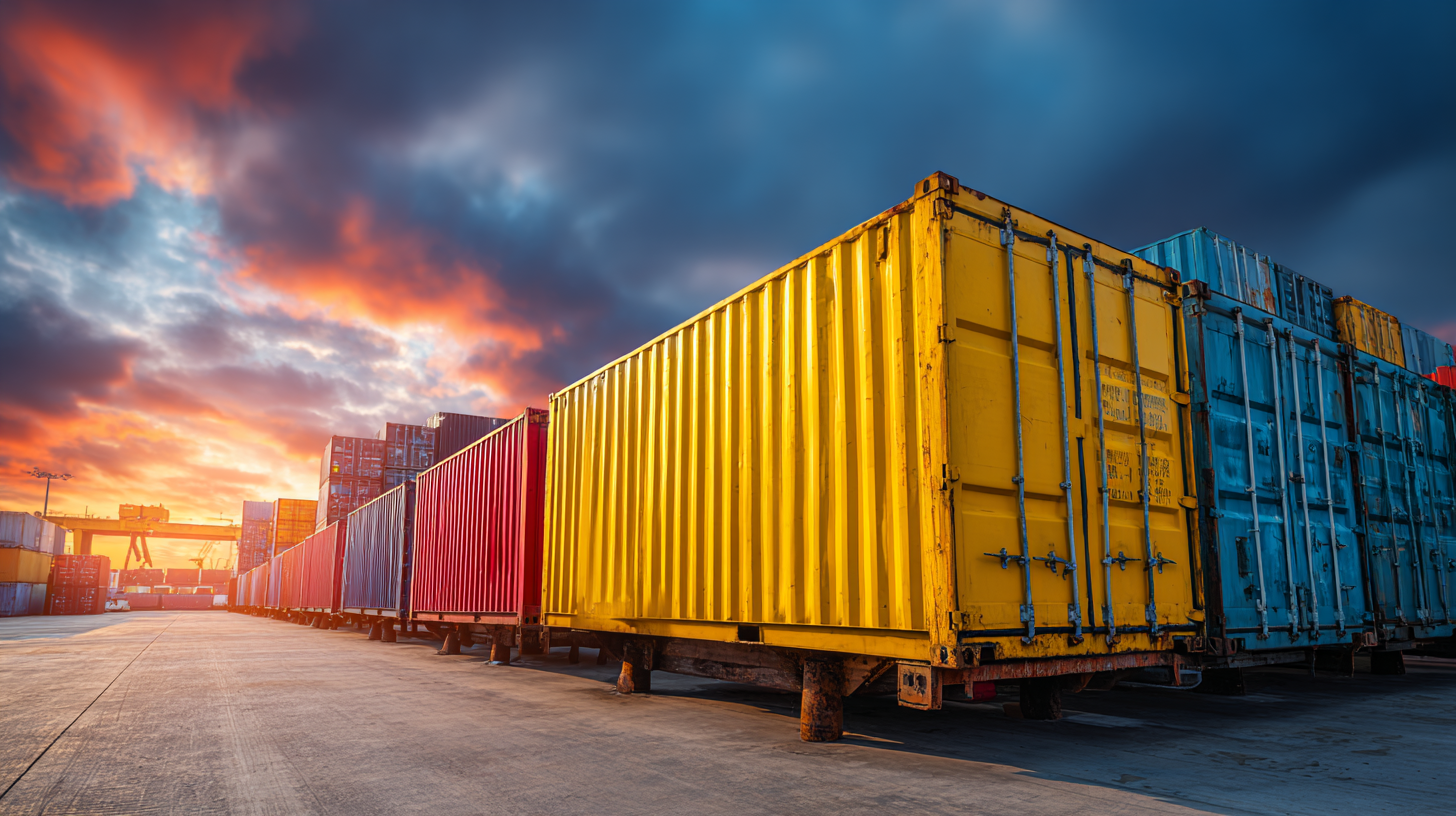
The benefits of utilizing Large Shipping Containers extend beyond mere capacity. By enabling bulk shipping, they significantly lower shipping costs per unit, making them an economically viable option for businesses of all sizes. Furthermore, the robustness of these containers ensures enhanced protection for goods during transit, reducing the likelihood of damage and the associated expenses. As we delve into the top five advantages of using Large Shipping Containers, it becomes clear that they are not just a logistics tool, but a strategic asset that can contribute to a company’s overall success.
Large shipping containers have revolutionized logistics by maximizing space utilization, which is a significant concern in the industry. According to a report by the International Maritime Organization (IMO), utilizing large shipping containers can increase shipping capacity by up to 40% compared to traditional smaller containers. This increase in efficiency not only reduces the number of trips required but also optimizes the use of valuable port and storage space, which is critical in today's fast-paced supply chain environment.
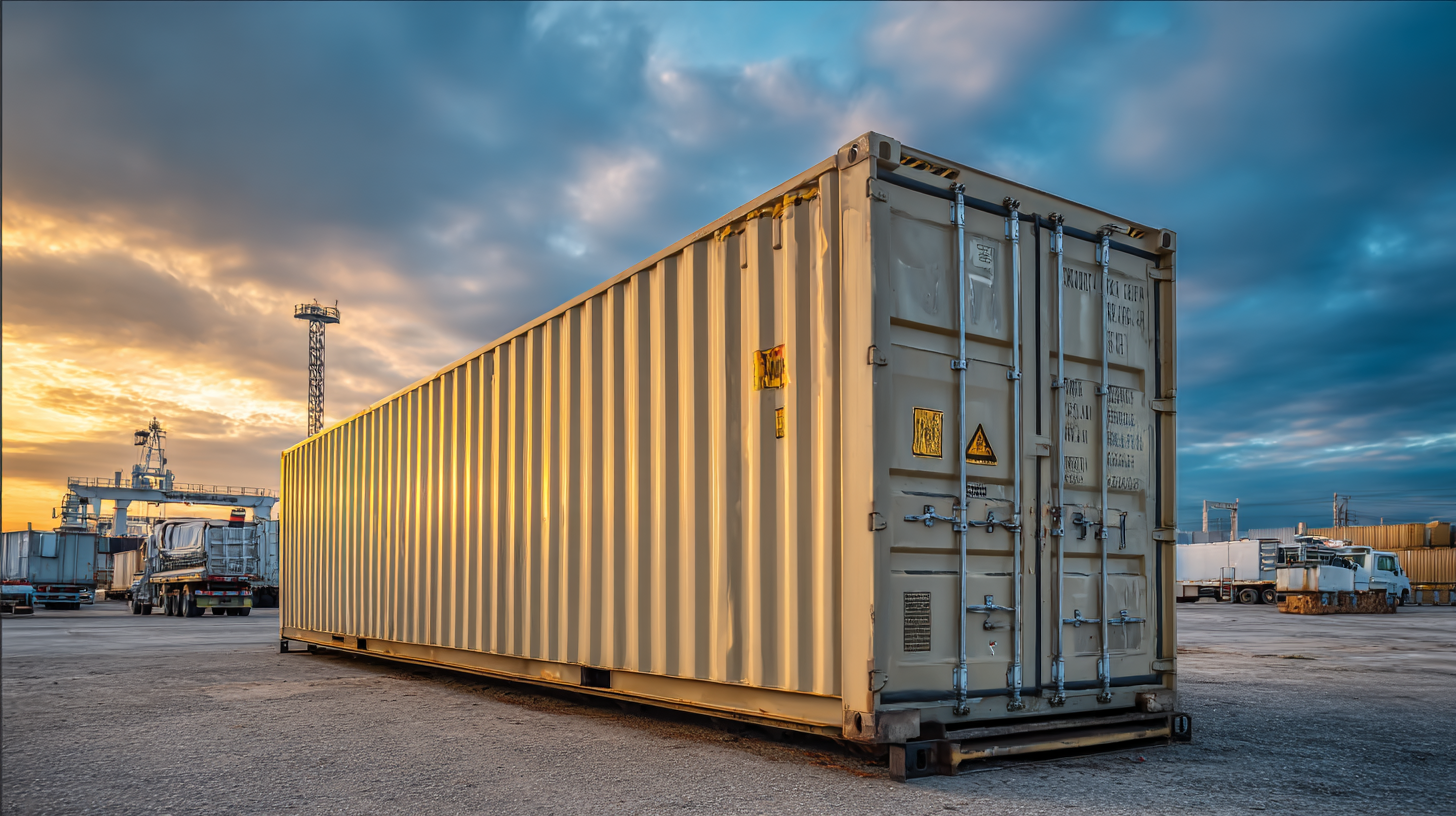
Moreover, the utilization of larger containers contributes to substantial cost savings. The World Bank states that shipping costs can decline by as much as 20% when using larger containers, owing to reduced handling and transportation expenses per unit. By consolidating cargo into fewer but larger units, companies can also minimize the risk of damage during transit, leading to lower insurance costs and improved overall reliability. Thus, the strategic adoption of large shipping containers can significantly enhance logistical efficiency and drive down operational costs for businesses worldwide.
The integration of standardized shipping containers in logistics exemplifies a significant advancement in streamlining supply chain management. By adopting a uniform transportation unit, businesses can enhance the efficiency of different transport modalities such as sea, rail, and road. This multimodal transportation approach facilitates smoother transitions between various logistics channels, enabling companies to respond more rapidly to market demands while reducing bottlenecks. As the logistics sector embraces digital transformation alongside emerging technologies like artificial intelligence, the efficacy of containerized shipping is further bolstered, leading to optimized operations and resource management.
Furthermore, the emphasis on reducing logistics costs aligns with broader economic strategies aimed at fostering sustainable development. The implementation of standardized shipping containers not only drives operational cost savings through enhanced cargo handling but also plays a crucial role in minimizing environmental impacts associated with logistics activities. As organizations strive for a balance between economic growth and environmental stewardship, investing in large shipping containers can be a pivotal step toward achieving efficient logistics that are both cost-effective and environmentally responsible.
This chart illustrates the top five benefits of using large shipping containers in logistics, emphasizing how standardized shipping improves efficiency and cost savings in supply chain management.
The logistics industry is increasingly recognizing the advantages of large shipping containers as a strategic move towards enhancing cost efficiency, particularly in reducing transportation expenses through bulk shipping. According to a report by the International Maritime Organization, using larger containers allows for a streamlined transport process, enabling companies to reduce the cost per unit of goods shipped. In fact, bulk shipping can decrease transportation expenses by up to 20%, as it maximizes the cargo capacity and minimizes the number of trips required.
Moreover, utilizing large shipping containers contributes to improved load optimization, leading to significant fuel savings. Research from the American Shipping Association indicates that for every 10% increase in container load capacity, shipping companies can reduce fuel consumption by approximately 6%. This reduction in fuel usage not only translates to lower operational costs but also contributes to more sustainable shipping practices, aligning with the industry's growing focus on environmental responsibility. By leveraging the benefits of bulk shipping with large containers, companies can achieve substantial cost savings while enhancing their overall logistical efficiency.
The use of large shipping containers is not only transforming logistics efficiency but also significantly contributing to sustainability efforts in the industry. According to a report by the International Council on Clean Transportation, the shipping industry's carbon footprint accounts for nearly 3% of global greenhouse gas emissions. By adopting reusable shipping container solutions, businesses can cut down on single-use packaging and minimize waste, playing a pivotal role in reducing their environmental impact.
Tips for businesses looking to enhance sustainability include investing in smart logistics software that optimizes container usage and reduces idle time. Furthermore, companies can collaborate with partners who prioritize eco-friendly practices in their supply chain, ensuring that every step aligns with sustainability goals. A report by McKinsey shows that businesses that implement sustainable practices can achieve cost savings of up to 15% in logistics and materials management.
Employing reusable containers not only lessens environmental harm but also leads to financial benefits. The World Economic Forum highlighted that transitioning to reusable shipping solutions could save businesses approximately $20 billion annually by decreasing material costs and enhancing operational efficiencies. This shift not only fosters a greener planet but also boosts the bottom line, proving that sustainability can go hand in hand with economic growth.
Modular container systems have become an essential component in modern logistics, particularly for inventory management and operational flexibility. These systems allow businesses to efficiently organize and store goods, making it easier to track inventory levels. With a modular approach, companies can scale their container usage based on fluctuating demand, enabling them to respond quickly to changes in the market.
Tips for effective inventory management include regularly auditing your container contents to ensure accuracy and implementing a robust tracking system. Utilizing technology such as barcode scanners or RFID tags can streamline this process, providing real-time insights into your inventory status.
Additionally, investing in flexible container configurations can greatly enhance your logistics capabilities. By adopting a modular design, companies can reconfigure their spaces as needed, facilitating swift adaptations to new projects or growth opportunities. This adaptability not only minimizes downtime but also maximizes resource utilization, leading to significant cost savings in the long run.
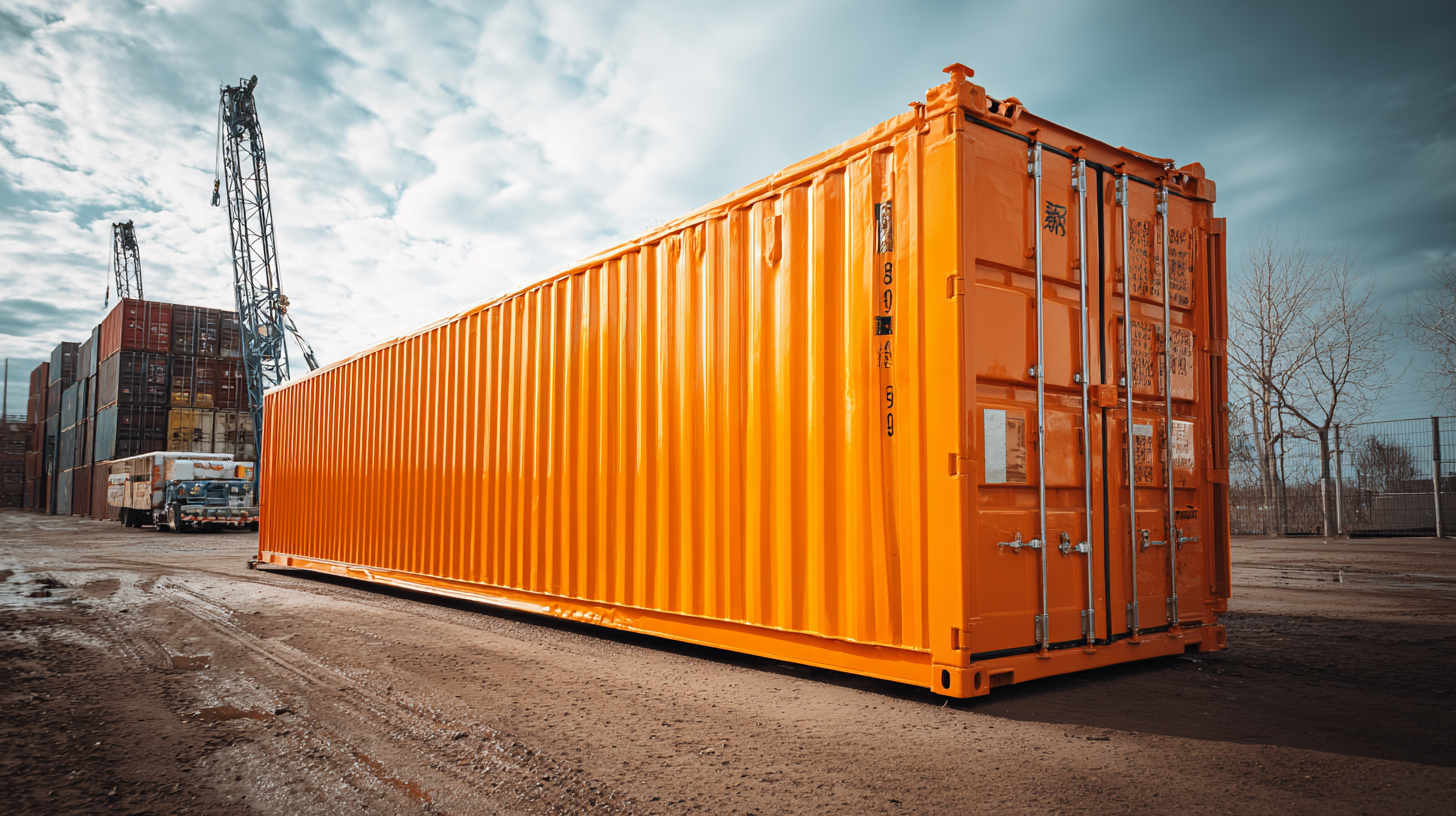
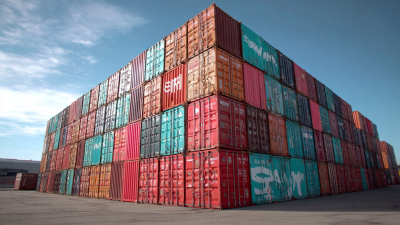


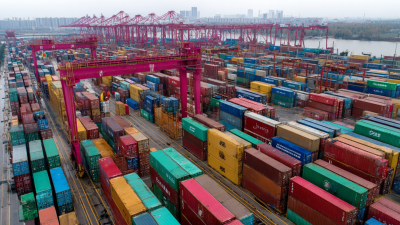

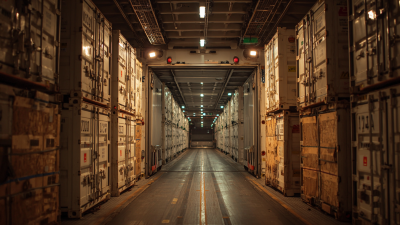
Rob was always very honest and upfront about everything and took the time to explain everything I needed.
“highly recommended. They provided us with a great storage container with ontime services.”
“Bought a used container, its perfect, no leaks and in good condition.”
“Good service and prompt delivery. A great option for temporary storage at a decent price.”
Join our mailing list to get the latest storage container inventory and offers